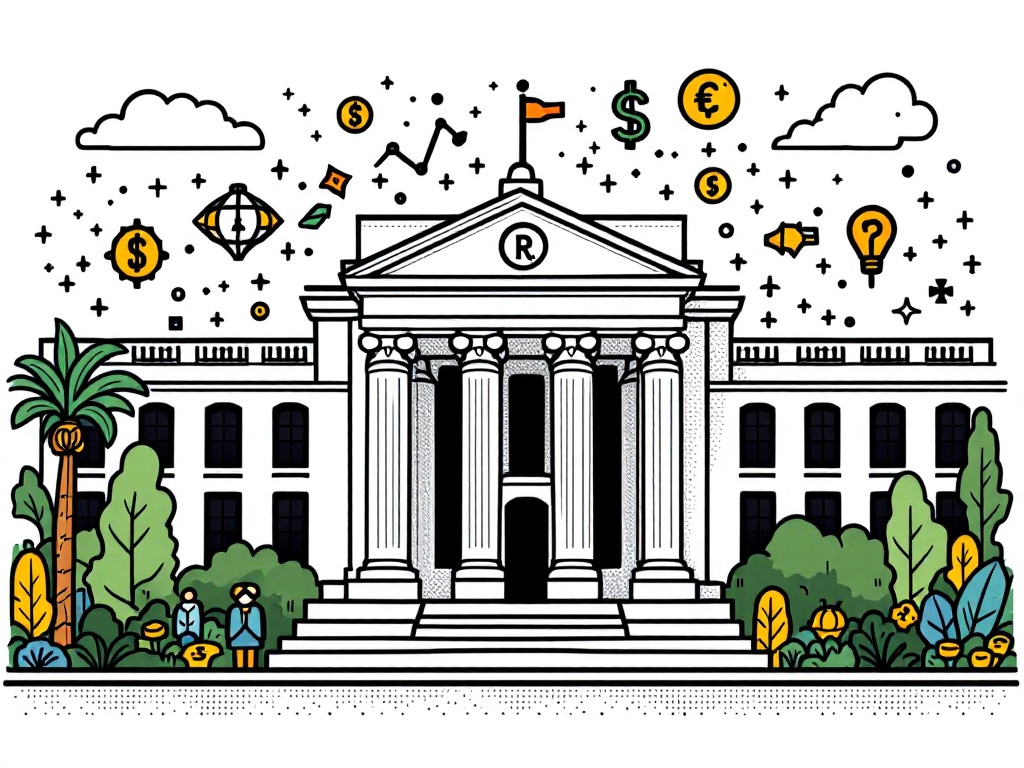Minneapolis Fed Boosts Inclusive Growth with New Initiatives

Minneapolis, Friday, 6 December 2024.
The Federal Reserve Bank of Minneapolis launches initiatives to transform income distribution and enhance diversity in economics through its Opportunity & Inclusive Growth Institute.
Recent Research Focus
As of December 2024, the Federal Reserve Bank of Minneapolis is actively expanding its research portfolio through multiple initiatives addressing economic inequality. Recent publications from the Opportunity & Inclusive Growth Institute include studies on peer effects in marriage formation and urban economic resilience [1]. A particularly significant focus has emerged on employment dynamics, with the institute releasing research on job transitions and their implications for broader economic health on November 26, 2024 [1].
Regional Economic Challenges
The initiatives come at a crucial time for the region, as the Minneapolis Fed oversees economic development across Montana, North and South Dakota, Minnesota, Wisconsin, and Michigan’s Upper Peninsula [2]. Recent data from December 2024 highlights pressing challenges, including declining farm incomes despite good harvests, and increasing loan repayment risks in the agricultural sector [2]. These economic indicators have prompted the institute to strengthen its focus on inclusive growth strategies.
Expanding Research Networks
The Federal Reserve System is broadening its approach to economic equity research through collaborative initiatives. This is exemplified by recent fellowship programs that bring together diverse perspectives on economic inequality. For instance, researchers are now examining historical housing policies and their impact on contemporary wealth outcomes [4]. This research direction aligns with the institute’s mission to understand and address wealth disparities affecting low-to-moderate-income areas [4].
Looking Forward
The institute’s current work demonstrates a comprehensive approach to economic inclusion, with research spanning from urban resilience to technological impact on employment [1]. This multifaceted strategy reflects the Federal Reserve’s evolving role in promoting an economy that works for all participants [2]. The institute’s recent focus on housing affordability and local unemployment patterns [1] suggests a continuing commitment to addressing both immediate economic challenges and long-term structural inequities.